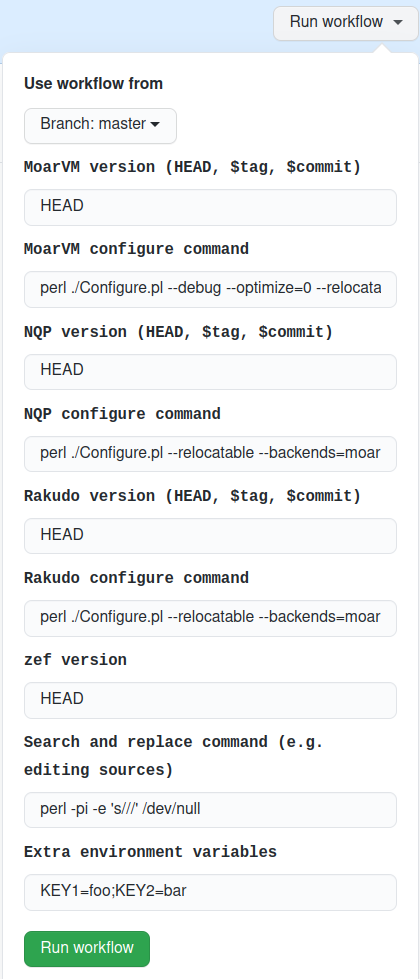
(In case you don’t know rakudo-pkg: it’s a project to provide native packages and relocatable builds of Rakudo for Linux distributions.)
The downward spiral of Travis since it was taken over by a Private Equity firm (there is a pattern here), triggered a long coming refactoring of the rakudo-pkg workflow. Until now the packages were created on Travis because it supported running Linux containers so we could tailor the build for each distribution/release. Almost at the same time JFrog announced it was sunsetting Bintray and other services popular with FOSS projects. The deb and rpm repos needed a new home.
Oh well, Travis and Bintray will be missed and certainly deserve our thanks for their service during years. It was difficult to imagine a better time to implement a few ideas from the good old TODO list.
From Travis to Github Actions
Github Actions is way faster than the post-P.E. Travis. Builds that took a few hours (we build around 25 distro/version combinations) now are done between 10 and 20 minutes. Not surprisingly this not only meant learning a complete new tool, but also a complete rewrite of the rakudo-pkg workflow.
Running on Github also means that every Github user can fork the repo including the rakudo-pkg Github workflows. One of the advantages of a rewrite is implementing new functionalities, like the new feature of rakudo-pkg to allow everyone to test the upstream MoarVM/NQP/Rakudo and zef commits/releases:

From Bintray to CloudSmith with Alpine repositories
Cloudsmith has a huge advantage over Bintray: it supports Alpine Linux repositories, making it a great addition to the rpm and deb repositories we already offer. The packages in the old repositories were GPG signed by BinTray. From now onwards, rakudo-pkg will be signed with his own key on Cloudsmith. Check the project’s README for instructions how to change your configuration. So far the experience with CloudSmith has been stellar. Their support is impressively responsive and they solve issues immediately, sometime while we were chatting about it.
From fpm to nfpm
rakudo-pkg created packages with the venerable fpm, written in Ruby. While the tool is extremely capable, I spent most of the time of a release getting fpm to build on new versions of distributions. The Ruby Gems ecosystem looks like a moving target. Enter nfpm, inspired with fpm but with the promise of a single binary. Written it Go, it’s more accessible to me to understand how it works and send fixes upstream if needed. The devs are also very responsive and fixed one issue I encountered extremely fast.
Feel free to open issues of send PRs if I missed something or if you have ideas to improve rakudo-pkg
(Post moved from nxadm.wordpress.com.)